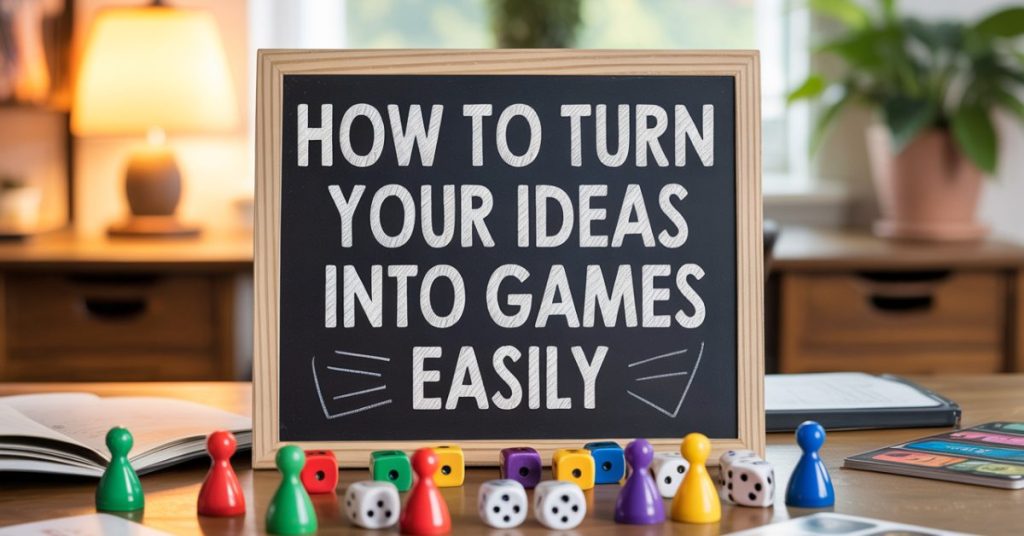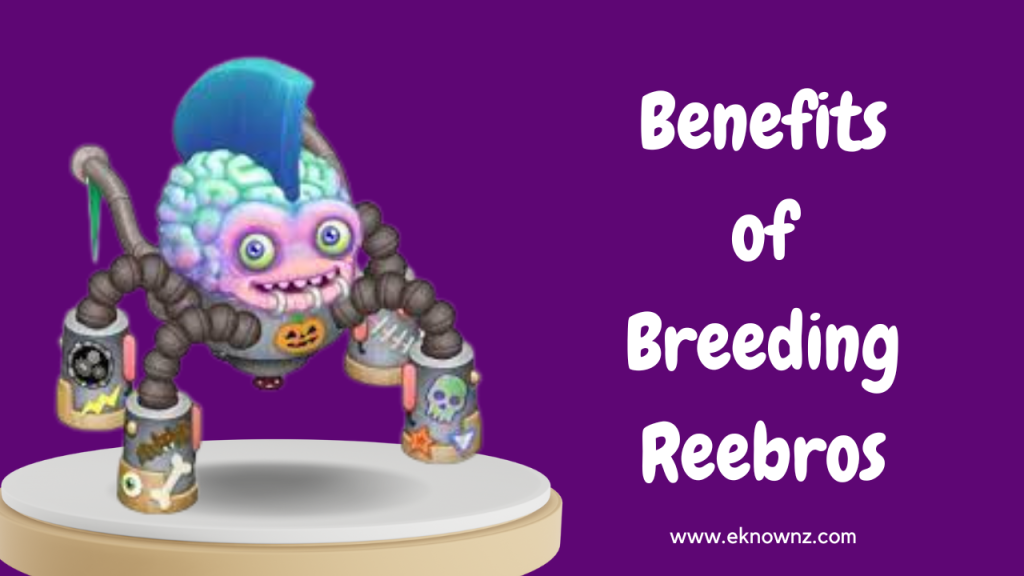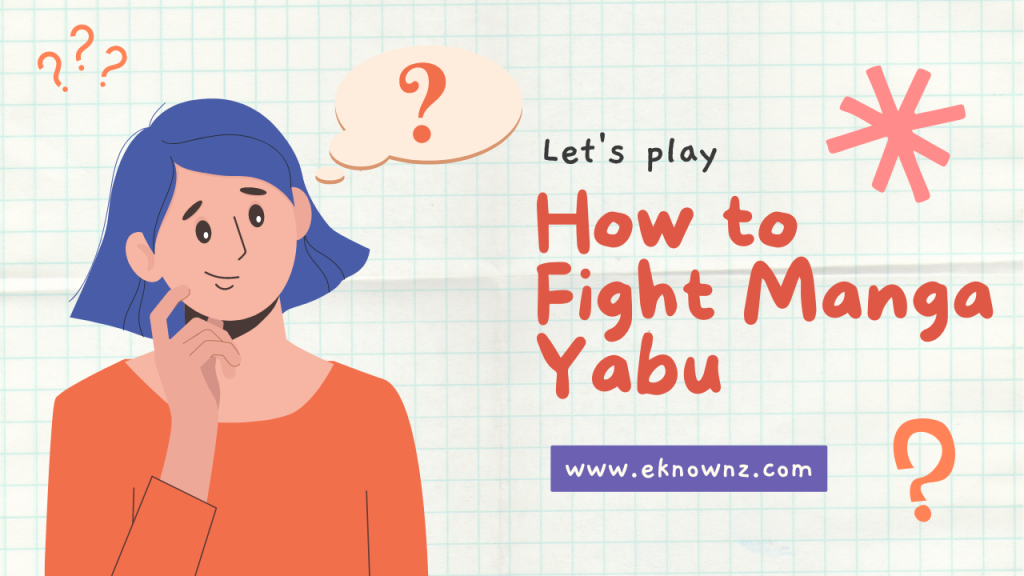Have you ever come up with a great game idea while showering or waiting for your coffee, and then said, “Too bad I didn’t know where to start”?Sure, you’re not alone. Sure, we’re full of ideas, but it can be daunting to actually whip one up.
So, even if you have nothing, this guide will tell you how to get your ideas into games fast. You don’t need to become a coding expert, but we’ll teach you a handful of simple things and direct you to some resources that will help you turn your ideas into actual games you can play. Are you ready to build the game you have been dreaming about for a long time? Let’s get started.
From Idea to Game in No Time
The first stage is to get your idea out of your head and onto paper (or a screen). Don’t worry about making the game perfect; just write down the description, gameplay, and any fun features. The first thing to do is to define the broad strokes of your idea before you go into fine detail.
Once you know a bit more about what’s happening, take a modest approach, like a list of information or even a game design template. It provides you with a road map to follow and aids in thought organization. Many game development guides for beginners start here because having a direction saves time and reduces confusion later on.
Game Creation Made Simple
You no longer have to be a coder to make a game. With user-friendly products like Scratch, Construct, Unity with Bolt , and the no-code game development GDevelop platform, you can begin creating your game right away. These are made to help you learn on the fly, even if this will be your first game.
Make sure to focus on creating the small prototype first. You’re going to get to experiment with your idea, learn the fundamentals of game logic, and you won’t get stuck trying to build something way too big, too soon. Converting ideas into games is just a case of small victories that add up over time.
Bring Your Game Ideas to Life
Now, when your prototype works, it’s time to polish it. Add some basic graphics, sounds, and levels to make it feel like a game. You don’t need to have any fancy art skills; there are tons of free assets, and you can certainly purchase assets if you want to from pretty much any online marketplace.
Also, ask friends or members of communities online to play your game and get feedback. It’s the step that makes the biggest difference in your design and catches problems early. It’s a common workflow among many indie game developer guides: build, test, and improve.
Turn Thoughts into Playable Worlds
Now you’re on the home stretch. Package your game, upload it to a platform like itch.io or Steam, and let the world play it. It’s just…there’s so much satisfaction in people playing and enjoying something I made from the ground up.
And the best part? It becomes easier the more you do it. Whenever you make a thought into something playable, you’re gaining skills and confidence. So do not wait for the right time, start now fearlessly, because it will not be your first time to realize your ideas into games.
Conclusion
Making your ideas into games doesn’t have to be difficult. With the right attitude, some beginner-friendly software, and a bit of imagination, you can turn a simple idea into a working game quicker than you expect. If you dream of being an indie developer or just want to make that one fun idea you have a reality, the path is clear and more open than ever. So take that idea you’ve been sitting on and start building. Your game doesn’t have to be perfect; it just has to be yours
FAQs
Should I know how to code to make a game?
Nope! Several no-code game engines like GDevelop, Construct, and Scratch also allow you to make games through drag-and-drop mechanics. You can begin without having to write any code.
What’s the easiest software for a beginner to make a game?
If you are a beginner, these two are very good to start with: Scratch or GDevelop. They’re all beginner-friendly, free, and packed with tutorials so you can pick them up as you go.
How long is the idea-to-game process?
The scope of your idea is a factor, but small prototypes are playable within days or weeks. Starting small allows you to learn quickly and keep yourself motivated.
How long does it take to make an idea into a game?
The scale of your idea will dictate this, but a tiny, playable prototype could be completed in a matter of days or weeks. Beginning small teaches you to learn quickly and be motivated.
What if my game is not unique, is too similar to another game?
That’s okay, many wonderful games are derivatives of others. What is unique about your version is that you have a unique twist on your style, story, or gameplay decisions.
You can publish your game on itch.io, Game Jolt, or even social media. These are good communities to get feedback and improve your skills.




